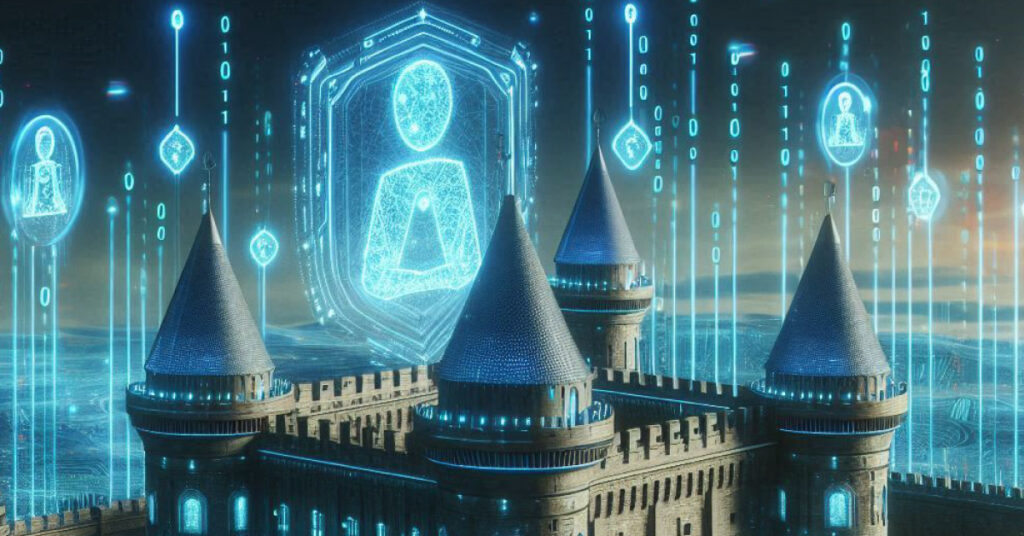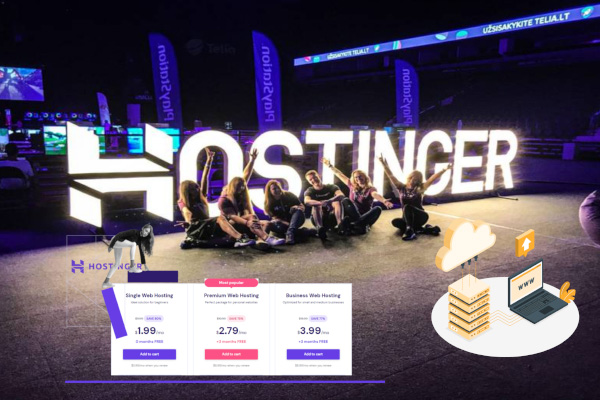Table of Contents
Introduction
In today’s rapidly evolving digital landscape, cybersecurity has become more critical than ever. With the increasing sophistication of cyber threats, traditional security measures often fall short. Enter Artificial Intelligence (AI), a game-changer in the realm of cybersecurity. AI’s ability to analyze vast amounts of data and predict potential threats has revolutionized how we protect our digital assets. But how exactly does AI contribute to modern cybersecurity, and what makes it so effective?
The Evolution of Cyber Threats
Cyber threats have come a long way from simple viruses and malware to complex, multi-faceted attacks that can cripple entire networks. Phishing, ransomware, and advanced persistent threats (APTs) are just a few examples of the sophisticated tactics cybercriminals use today. The evolution of these threats demands equally advanced defenses.
Why Traditional Methods Aren't Enough
Traditional cybersecurity methods, such as firewalls and antivirus software, rely on known threat signatures and manual updates. However, with the sheer volume and complexity of modern cyber threats, these methods often fail to detect new or evolving threats in real-time. This is where AI steps in, offering a proactive and dynamic approach to cybersecurity.
AI: The New Frontier in Cybersecurity
AI brings a new level of sophistication to cybersecurity. Its ability to learn from data, recognize patterns, and make predictions sets it apart from traditional methods. But what exactly does AI do in the context of cybersecurity?
How AI Enhances Threat Detection
AI’s advanced algorithms can analyze vast amounts of data quickly and accurately, identifying threats that might go unnoticed by human analysts. For instance, machine learning models can detect unusual patterns in network traffic that may indicate a breach. By continuously learning from new data, AI systems improve over time, becoming more adept at identifying potential threats.
Improving Response Times with AI
When a cyberattack occurs, every second counts. AI-powered systems can automate the initial response, isolating affected systems and preventing the spread of malware. This rapid response minimizes damage and gives human security teams more time to assess and mitigate the threat.
Automating Security Tasks
Routine security tasks, such as patch management and vulnerability scanning, are crucial but time-consuming. AI can automate these tasks, ensuring they are done consistently and accurately. This automation not only improves efficiency but also allows security professionals to focus on more complex issues.
Predictive Analytics and AI

Also Check Out!
One of AI’s most powerful capabilities is predictive analytics. By analyzing historical data and identifying trends, AI can forecast potential cyber threats. This predictive ability allows organizations to implement preventive measures before an attack occurs, significantly enhancing their security posture.
Adaptive Security Measures
AI systems are not static; they continuously adapt and learn from new data. This adaptability means that AI-powered security measures evolve alongside emerging threats, providing a dynamic defense that is always up-to-date.
Reducing Human Error
Human error is a significant factor in many cybersecurity breaches. AI can help reduce this risk by automating critical tasks and providing accurate, data-driven insights. By minimizing the chance of manual mistakes, AI enhances the overall effectiveness of cybersecurity efforts.
Integration with Existing Systems
One of the advantages of AI in cybersecurity is its ability to integrate seamlessly with existing systems. Whether it’s enhancing a firewall’s capabilities or adding an extra layer of protection to an antivirus program, AI can complement and strengthen traditional security measures.
Challenges and Limitations of AI in Cybersecurity
While AI offers many benefits, it is not without its challenges. Developing and maintaining AI systems requires significant resources, and there is always the risk of AI models being manipulated by adversaries. Additionally, the complexity of AI algorithms can sometimes make them difficult to interpret and understand.
Future Trends in AI and Cybersecurity
The future of AI in cybersecurity looks promising. As AI technology continues to advance, we can expect even more sophisticated threat detection and response capabilities. Innovations such as quantum computing and AI-driven encryption are on the horizon, promising to further revolutionize the field.
Conclusion
Incorporating AI into cybersecurity strategies is no longer optional—it’s essential. AI’s ability to enhance threat detection, improve response times, automate tasks, and adapt to new threats makes it a critical tool in the fight against cybercrime. By leveraging AI, organizations can stay ahead of cyber threats and protect their digital assets more effectively.
FAQs
1. What is the primary role of AI in modern cybersecurity?
AI primarily enhances threat detection and response times, automates routine security tasks, and reduces the likelihood of human error.
2. How does AI improve threat detection?
AI uses advanced algorithms to analyze vast amounts of data, identifying unusual patterns and potential threats more accurately than traditional methods.
3. Can AI completely replace human cybersecurity professionals?
No, AI complements human efforts by automating routine tasks and providing data-driven insights, allowing professionals to focus on more complex security challenges.
4. What are some challenges of using AI in cybersecurity?
Challenges include the significant resources required for development and maintenance, the risk of adversaries manipulating AI models, and the complexity of AI algorithms.
5. What future trends can we expect in AI and cybersecurity?
Future trends include advancements in quantum computing, AI-driven encryption, and more sophisticated threat detection and response capabilities.











1 thought on “The Role of Artificial intelligence in Modern Cybersecurity”
I don't think the title of your article matches the content lol. Just kidding, mainly because I had some doubts after reading the article.